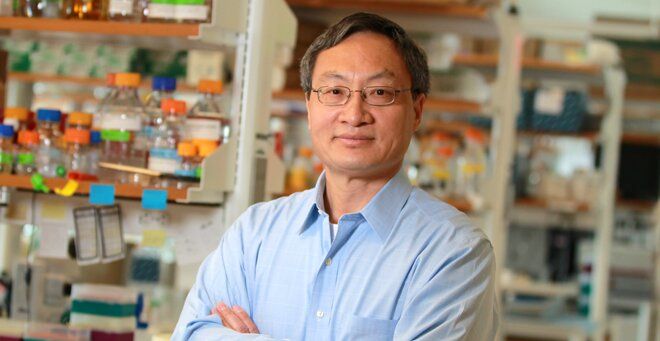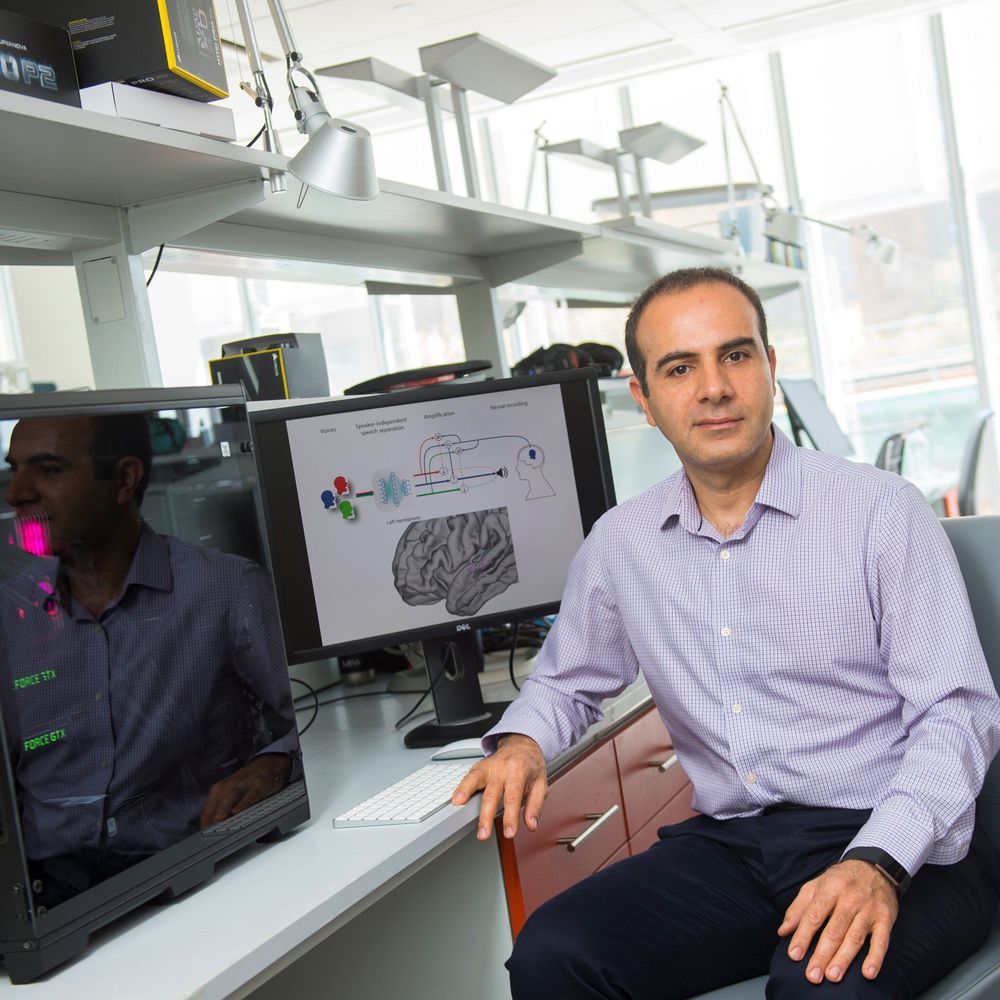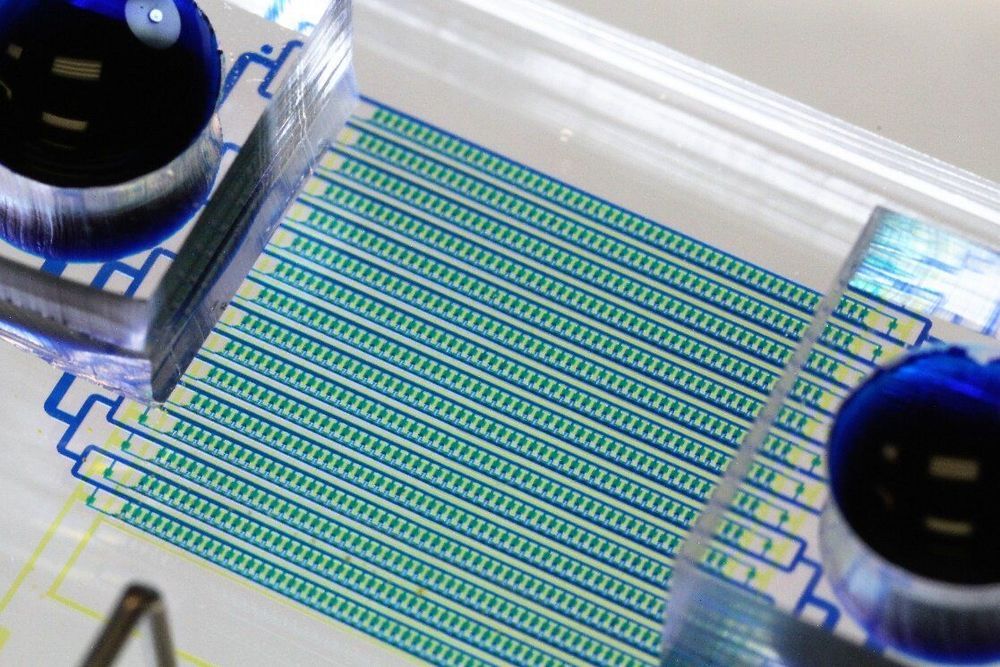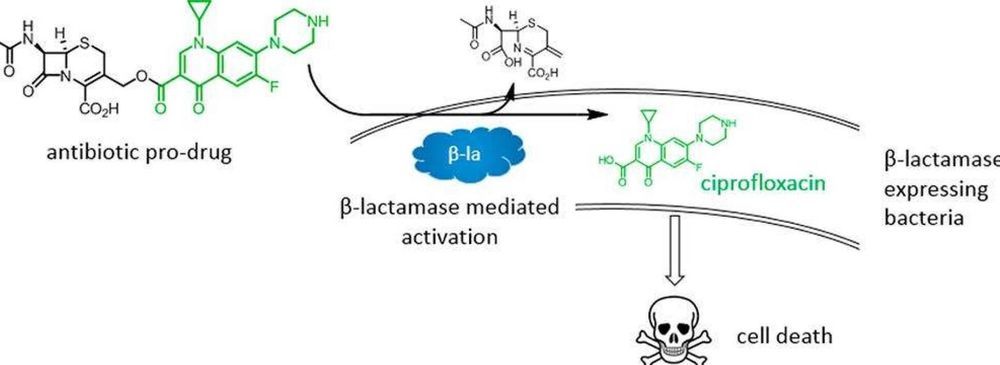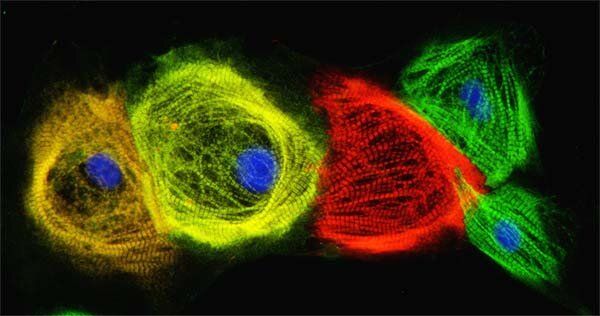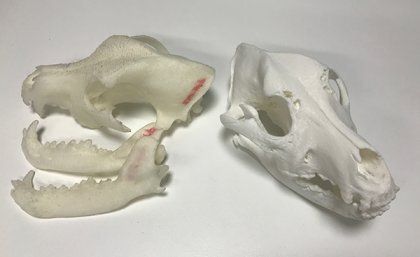A pair of collaborative studies led by Fen-Biao Gao, Ph.D., have identified two potential drug targets for the diseases amyotrophic lateral sclerosis (ALS) and frontotemporal dementia (FTD). The studies, which appear in Nature Neuroscience and PNAS, provide a new layer of detail about how hexanucleotide repeat expansions in the C9ORF72 gene, the most common genetic mutation responsible for both ALS and FTD, causes neuron cell death. The Nature Neuroscience study also describes a new mouse model that more closely mimics the gradual build-up of toxins in patients with the diseases.
“Understanding how these mutations lead to motor neuron damage is important to the development of new treatment approaches,” said Dr. Gao, the Governor Paul Cellucci Chair in Neuroscience Research and professor of neurology. “We know that this mutation can cause these diseases. These studies show that both mitochondrial function and DNA repair pathways are disrupted when the mutated gene is present in cells. That makes them potentially druggable targets.”
In ALS, a progressive, neurodegenerative disorder affecting the motor neurons in the central nervous system, the C9ORF72 gene accounts for 40 percent of inherited forms of the disease and 6 percent of sporadic cases. As motor neurons die, the brain’s ability to send signals to the body’s muscles is compromised. This leads to loss of voluntary muscle movement, paralysis and eventually death from respiratory failure.
